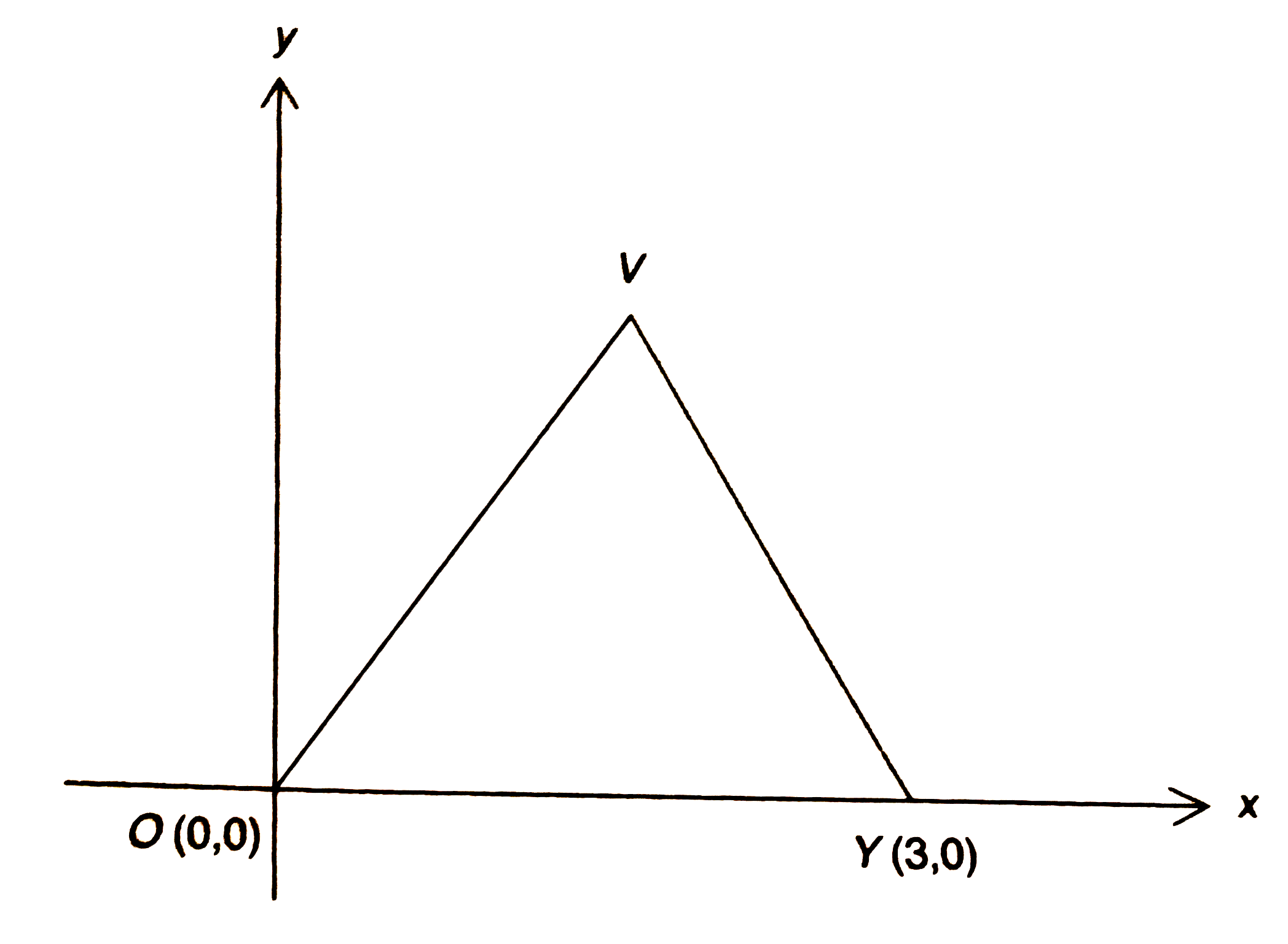If f(x)=|x−2| and g(x)=f(f(x)), then for 2<x<4,g'(x) equals
-1
1
0
none of these
The correct Answer is:B
To solve the problem step by step, we start with the given functions:
1. Define the functions:
- f(x)=|x−2|
- g(x)=f(f(x))
2. Analyze f(x):
- The function f(x)=|x−2| can be expressed piecewise:
- For x<2, f(x)=2−x
- For x≥2, f(x)=x−2
3. Determine g(x):
- We need to find g(x)=f(f(x)).
- For the interval 2<x<4, since x is greater than 2, we have:
- f(x)=x−2
- Now we need to evaluate f(f(x)):
- f(f(x))=f(x−2)
- Since 2<x<4 implies 0<x−2<2, we use the piecewise definition:
- f(x−2)=2−(x−2)=4−x
4. So, we have:
- g(x)=4−x for 2<x<4.
5. Differentiate g(x):
- To find g′(x), we differentiate g(x)=4−x:
- g′(x)=−1
6. Conclusion:
- Therefore, for 2<x<4, g′(x)=−1.
Final Answer:
For 2<x<4, g′(x)=−1.
- f(x)=|x−2|
- g(x)=f(f(x))
- The function f(x)=|x−2| can be expressed piecewise:
- For x<2, f(x)=2−x
- For x≥2, f(x)=x−2
- We need to find g(x)=f(f(x)).
- For the interval 2<x<4, since x is greater than 2, we have:
- f(x)=x−2
- Now we need to evaluate f(f(x)):
- f(f(x))=f(x−2)
- Since 2<x<4 implies 0<x−2<2, we use the piecewise definition:
- f(x−2)=2−(x−2)=4−x
- g(x)=4−x for 2<x<4.
- To find g′(x), we differentiate g(x)=4−x:
- g′(x)=−1
- Therefore, for 2<x<4, g′(x)=−1.
For 2<x<4, g′(x)=−1.
Topper's Solved these Questions
- DIFFERENTIATIONBOOK - OBJECTIVE RD SHARMA ENGLISHCHAPTER - DIFFERENTIATIONEXERCISE - Exercise
58 Videos
- DIFFERENTIATIONBOOK - OBJECTIVE RD SHARMA ENGLISHCHAPTER - DIFFERENTIATIONEXERCISE - Chapter Test
30 Videos
- DIFFERENTIATIONBOOK - OBJECTIVE RD SHARMA ENGLISHCHAPTER - DIFFERENTIATIONEXERCISE - Chapter Test
30 Videos
- DIFFERENTIALS, ERRORS AND APPROXIMATIONSBOOK - OBJECTIVE RD SHARMA ENGLISHCHAPTER - DIFFERENTIALS, ERRORS AND APPROXIMATIONSEXERCISE - Exercise
17 Videos
- ELLIPSEBOOK - OBJECTIVE RD SHARMA ENGLISHCHAPTER - ELLIPSEEXERCISE - Chapter Test
29 Videos
Similar Questions
Knowledge Check
If f(x)=4x−5andg(x)=3x, then f(g(2))=
A3B9C27D31If f(x)=4x2 and g(x) =f(sin x)+f(cos x), then g(23∘) is
A1B4C4.29D5.37If f(x)=(4−x)2 and g(x)=√x, then (g o f) (x)=
 A|4−x|B|2−x|C√x(4−x)2D(√4−x)2
A|4−x|B|2−x|C√x(4−x)2D(√4−x)2
If f(x)=|x−1| and g(x)=f(f(f(x))), then for x>2,g'(x) is equal to
View SolutionIf f(x) = 7x + 9 and g(x) =7x2−3, then (f - g)(x) is equal to
View SolutionIf f(x) = 3x + 1 and g(x) =x2−1, then (f + g) (x) is equal to
View SolutionSuppose that f(0)=0andf'(0)=2,andg(x)=f(−x+f(f(x))). The value of g'(0) is equal to -
View SolutionIf f(x)=2x2−4andg(x)=2x, the value of g(f(1)) is
View Solution
